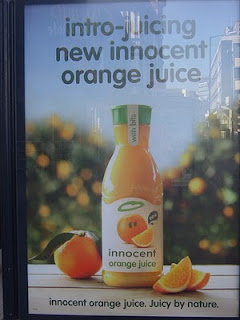
I recently sat in on a research group. There'd already been home testing and diary writing. Now there was a discussion about what the product/service category meant to the assembled group and, lastly, there was an element of further testing. It was a long, informed and opinionated session. And then they left the building and went home.
The research company will, no doubt, host other groups, write reports and make presentations that the client will digest, consider and have meetings about. But these engaged, informed and interested users will probably hear nothing more.
What a missed opportunity. One I've seen repeated by innumerable businesses employing a variety of external agencies throughout the process of product development and market research that make no attempt to leverage the enthusiasm of the potential customers they ultimately view solely as "participants".
Just think what might be unleashed by sending them a trial subscription or samples and discounts once their project finally gets to market. They're invested, they're interested and they're primed to promote and yet nothing happens because of the increasing compartmentalisation of marketing and its separation from product development.
Or, perhaps, the enthusing of a handful of people is not seen as a sufficiently grand gesture to feature on the marketing plan. A marketing plan that will pay lip-service to the importance of "lighting lots of small fires" but will ignore what's right in front of its face.
















